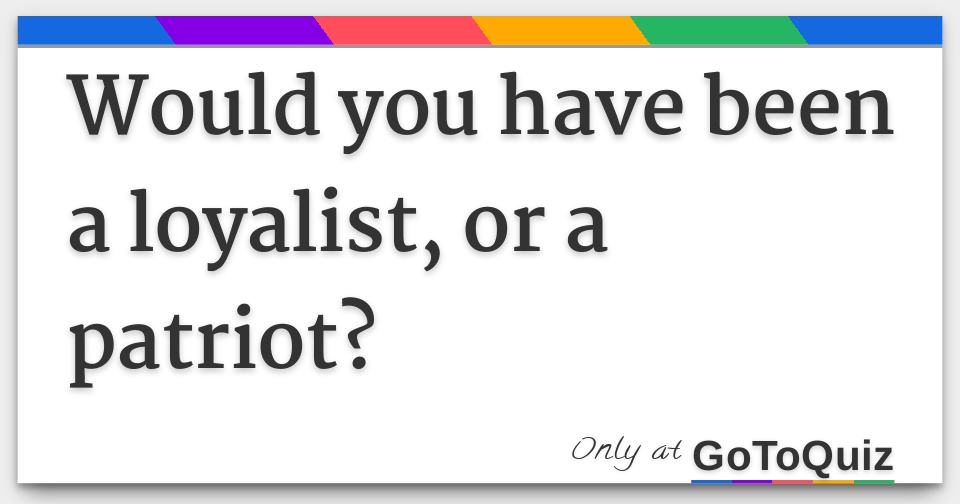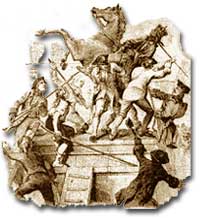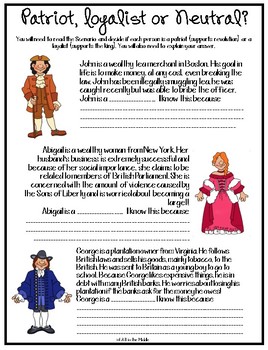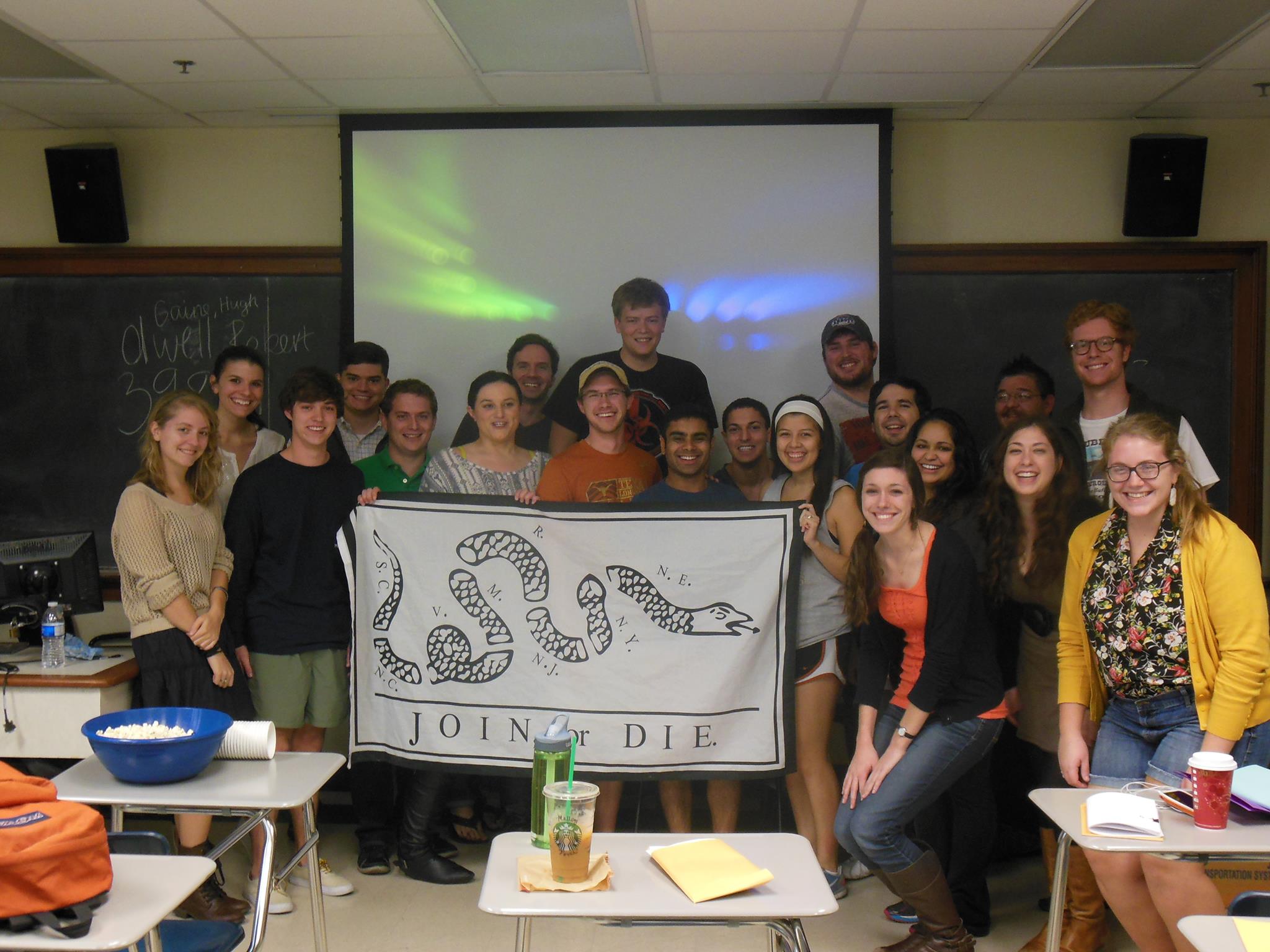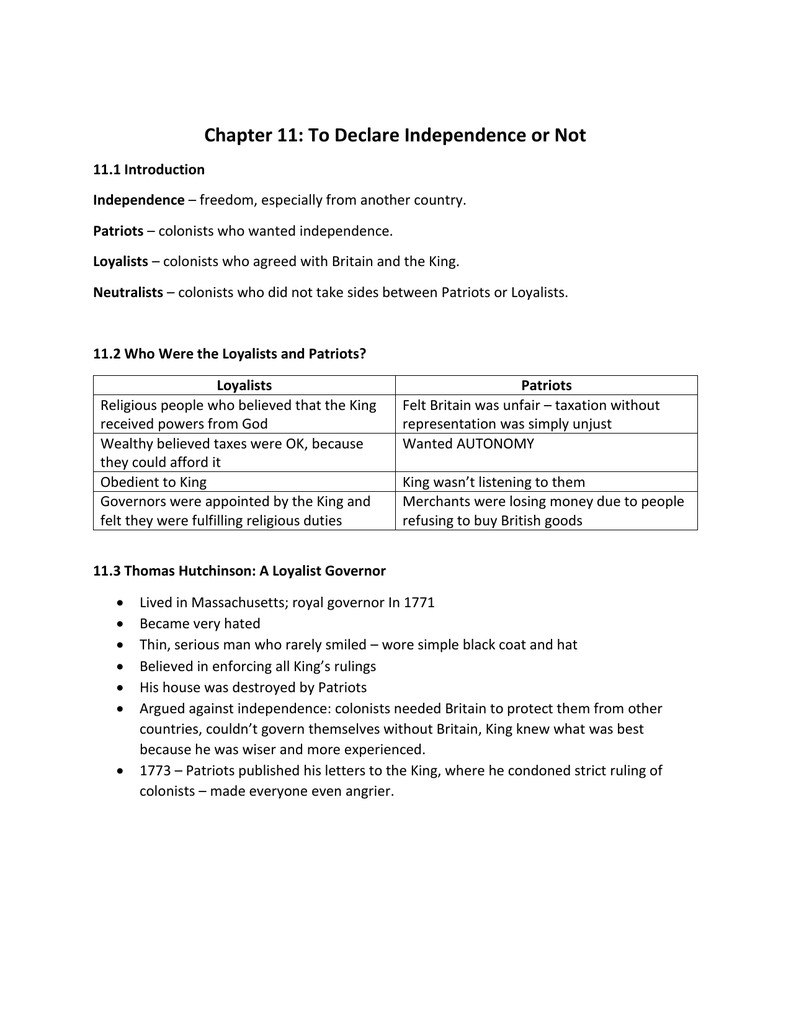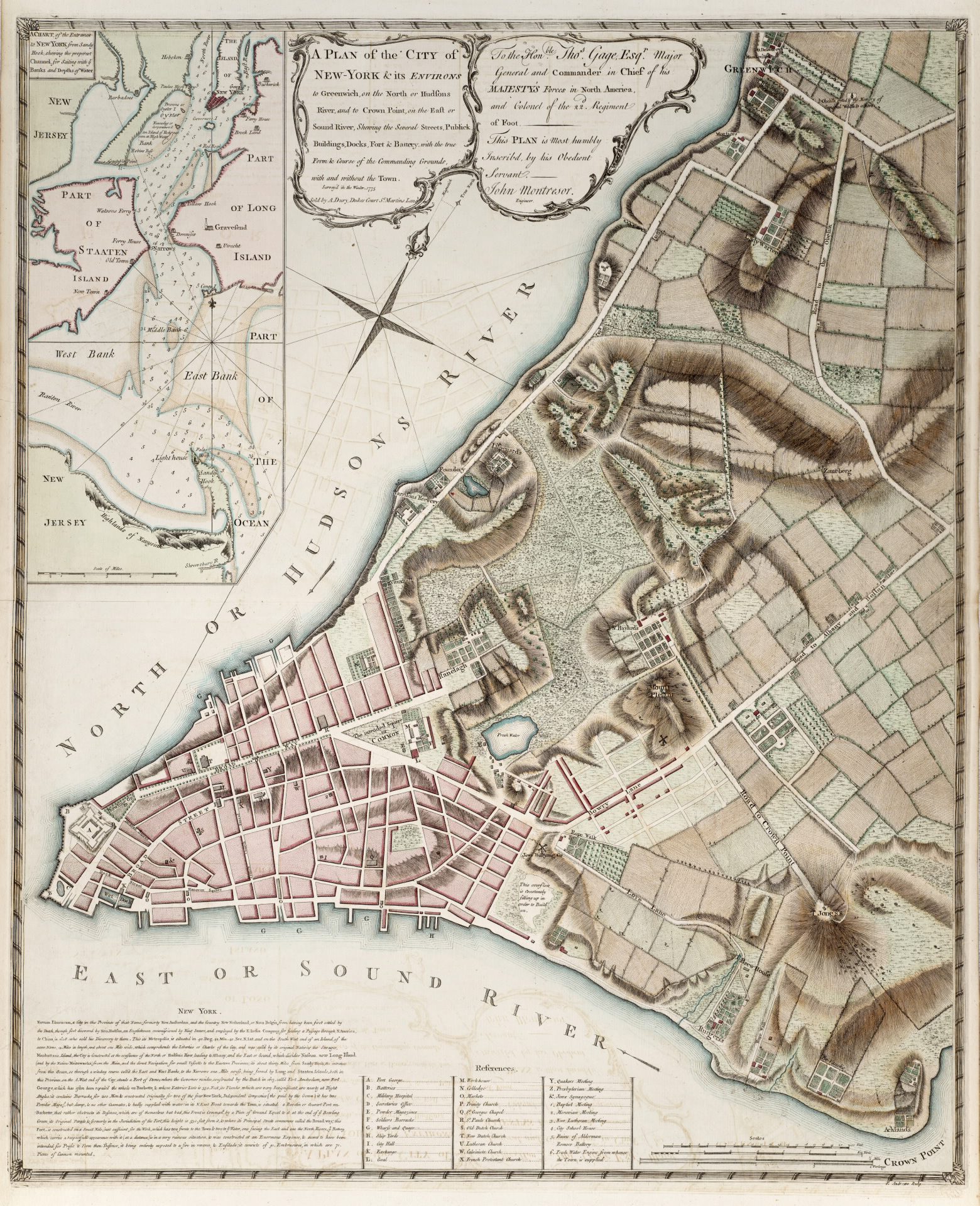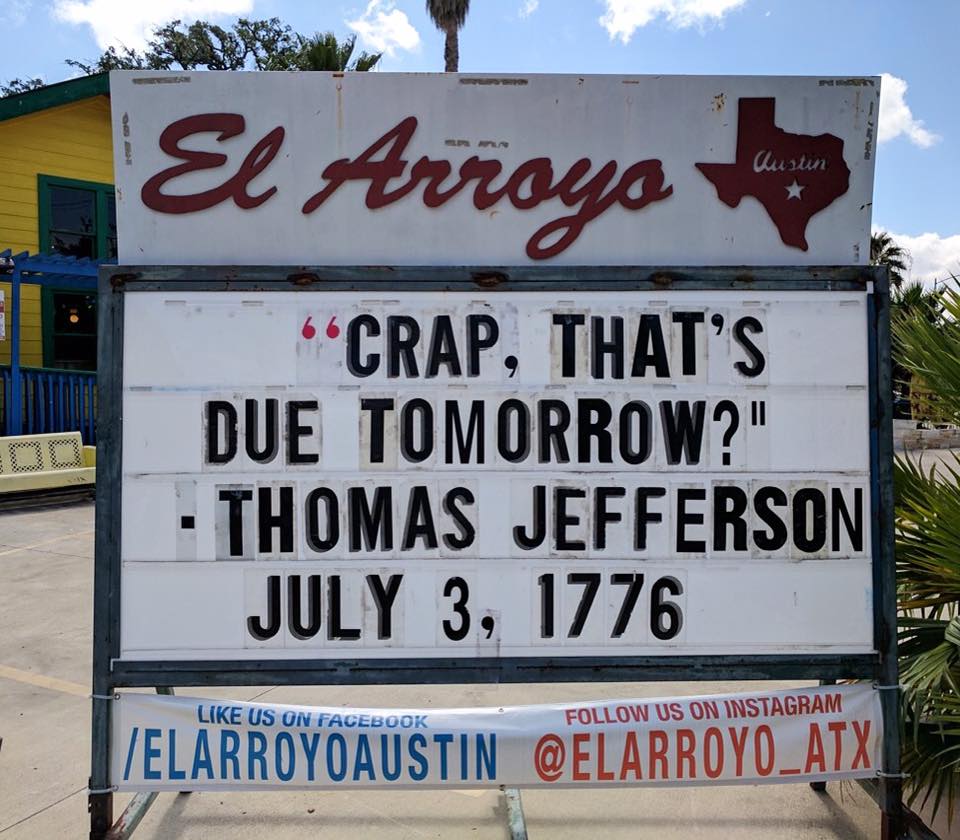Patriots Loyalists And Neutrals If You Were Alive What Side Would You Join And Why
Prominent merchants in port cities and men with business or family ties to the elite class in great britain tended to remain loyal to the crown whereas patriots were comprised largely of yeoman farmers.
Patriots loyalists and neutrals if you were alive what side would you join and why. Patriots gained influence and public support through political literature and newspapers. As britain continued to attempt control over the colonies through taxes and regulations calls for independence grew across the 13 colonies. They either joined the british army or formed their own groups of fighters such as the loyal greens and the royal american regiment. Colonists who opposed independence from britain were known as loyalists.
Many patriots live in the new england colonies especially massachusetts. Neutralists didnt bother the other two groups that much nor were they bothered by the patriots or loyalists. Many loyalists left the country and went back to britain. Those who wished to remain tied to great britain as colonies were called loyalists.
A patriot may willingly sacrifice his life for his country because of his love for the. Many loyalists moved to great britain after the war ended. Those who supported independence from britain were known as patriots. Americans who embraced both beliefs and could not choose a side were called neutrals.
Neutralists came from a wide range of jobs and classes. Example of a neutral colonist. What happened to the loyalists after the war. A patriot is one who loves his country very deeply.
Patriots vs loyalists. After all of the c students have chosen a side the teacher will allow one a student and one b student to read their side card to the class. Patriots and loyalists are two words that are often confused due to the appearing similarity in their meanings when strictly speaking there is some difference between the two words. There was a high concentration of loyalists in new york city and in the southern colonies.
The teacher will then call on each c student one at a time to reveal which side they chose and why. A large public segment about 45 percent did not officially choose sides. Both patriots and loyalists were minority parties during colonial times. The teacher will keep a tally of which side they chose loyalist or patriot.
The colonists who favored independence from great britain were called patriots. Neutrals or neutralists didnt partake in the battles that their patriot and loyalist brethren often fought. Most loyalists who opposed independence tended to be wealthy landowners anglican clergymen or people with close business or political ties to britain. Most american colonists however did choose sides.
Ultimately americans remained loyalists or joined the patriot cause based on which side they thought would best promote their interests.

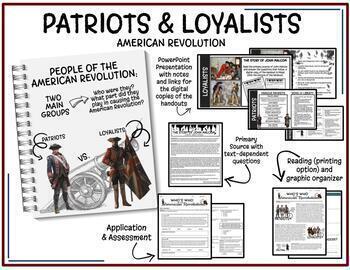
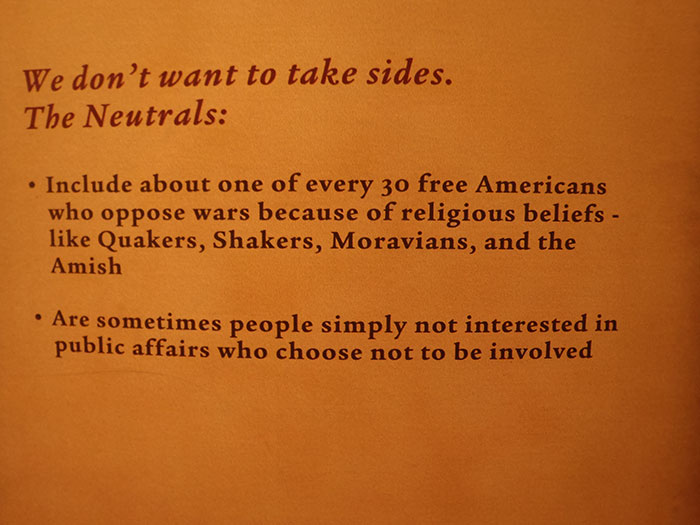
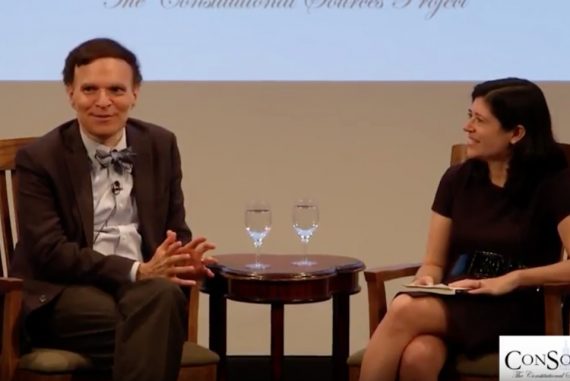

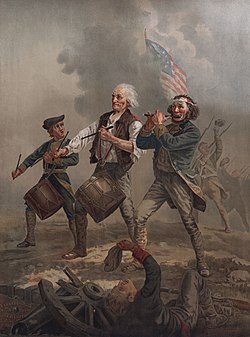

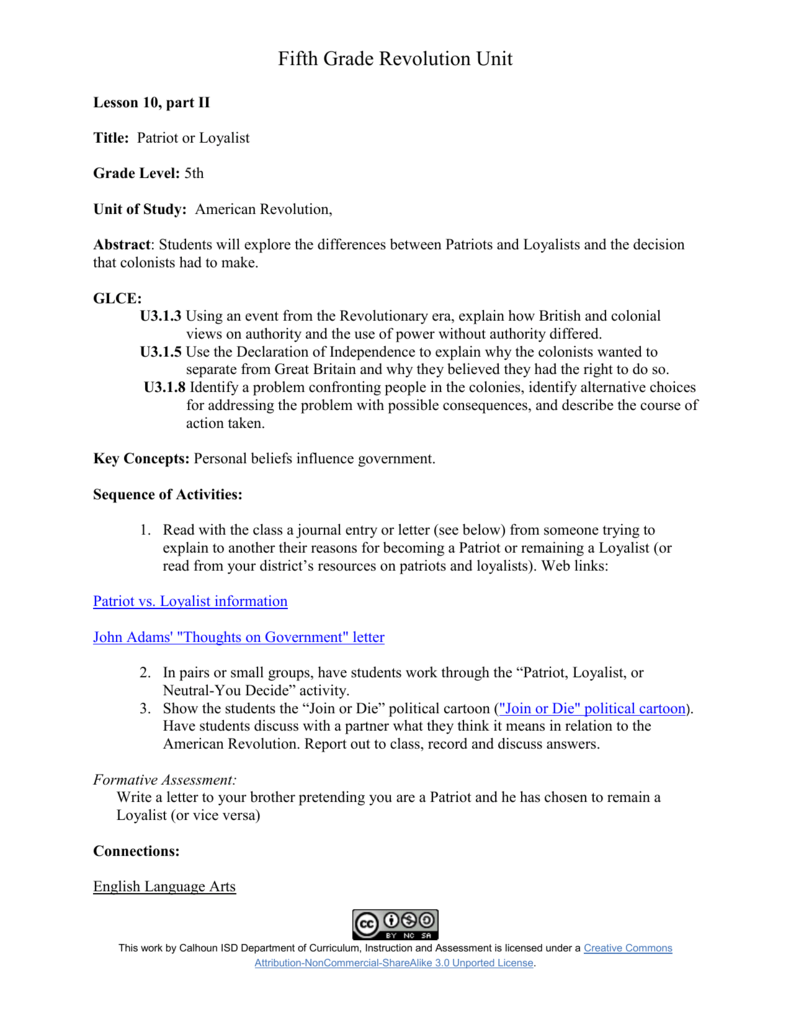

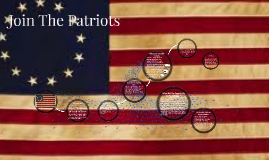

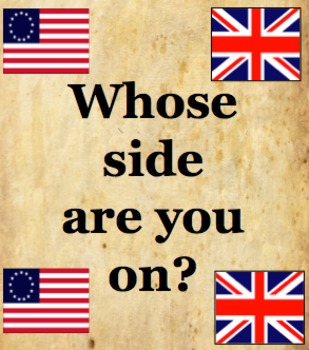
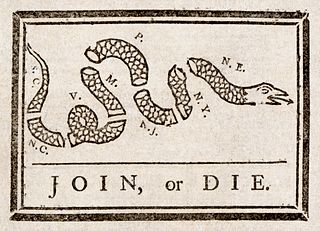


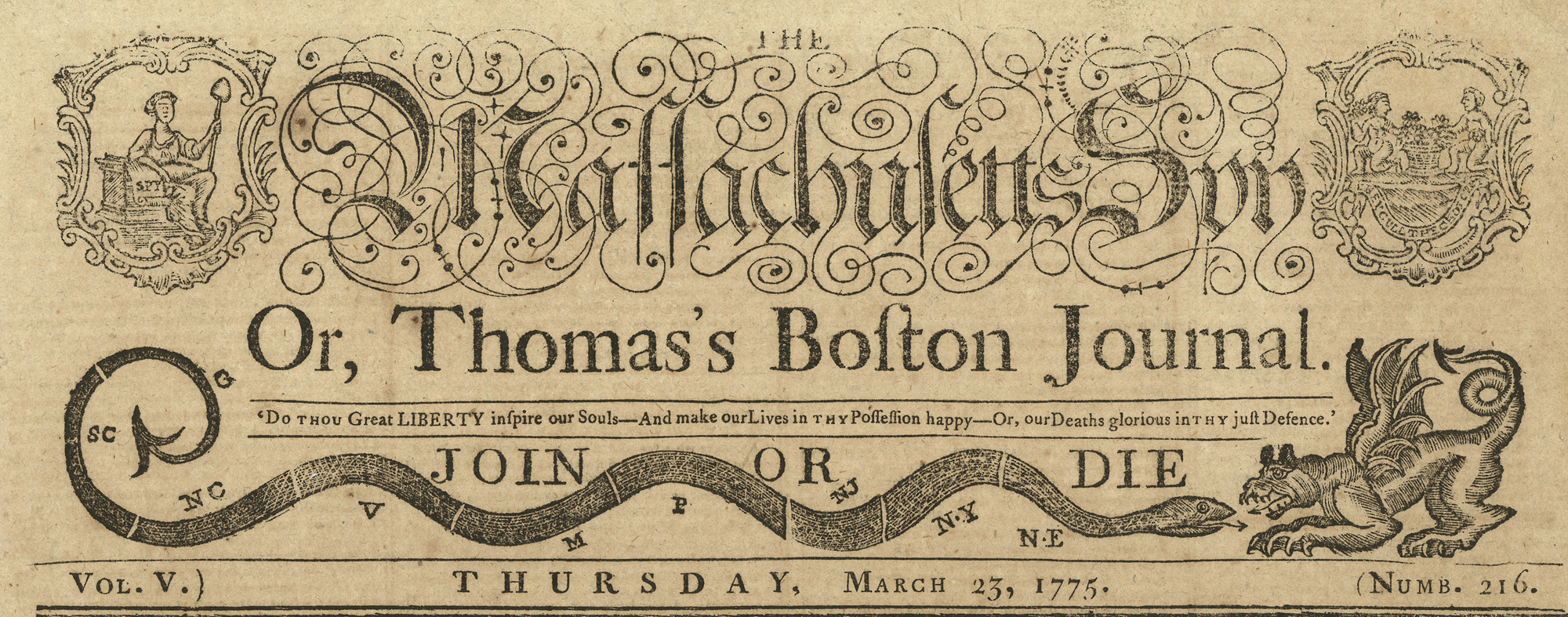
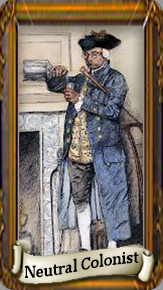


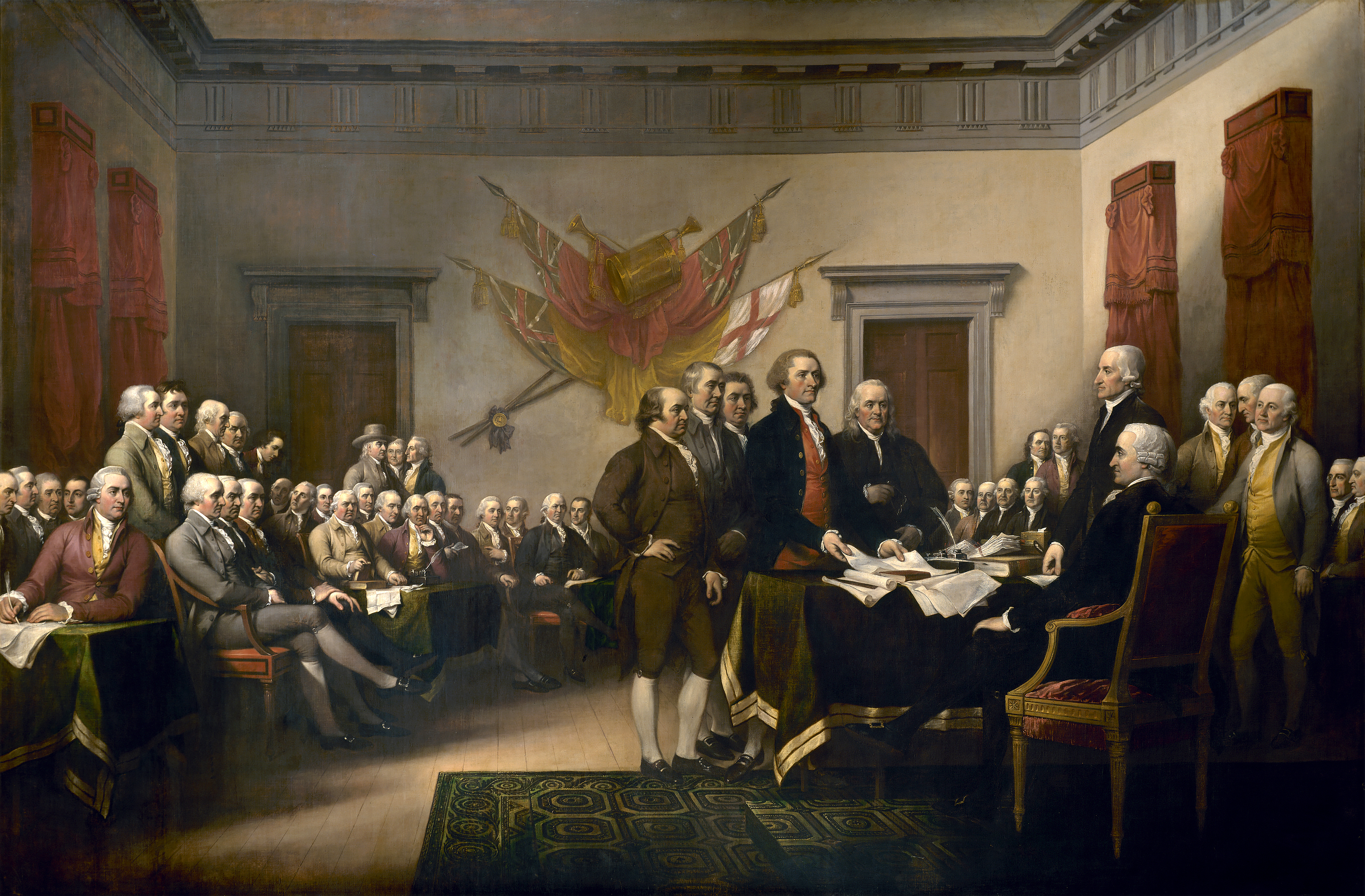

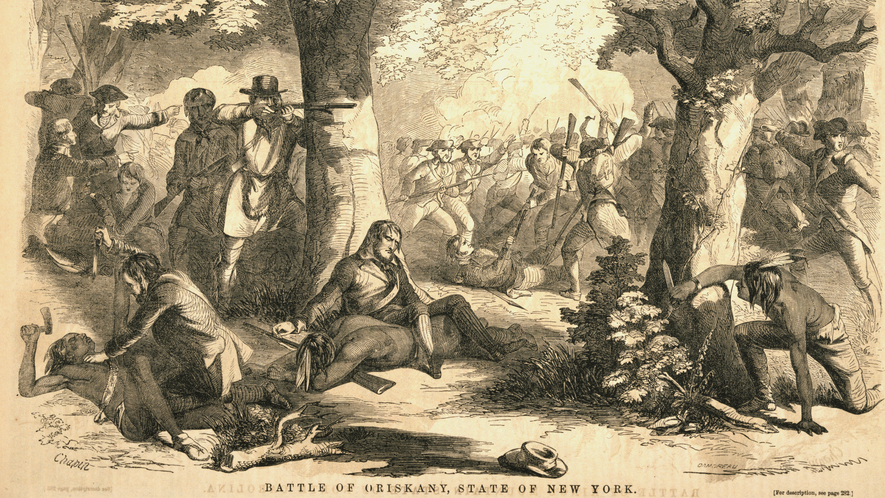

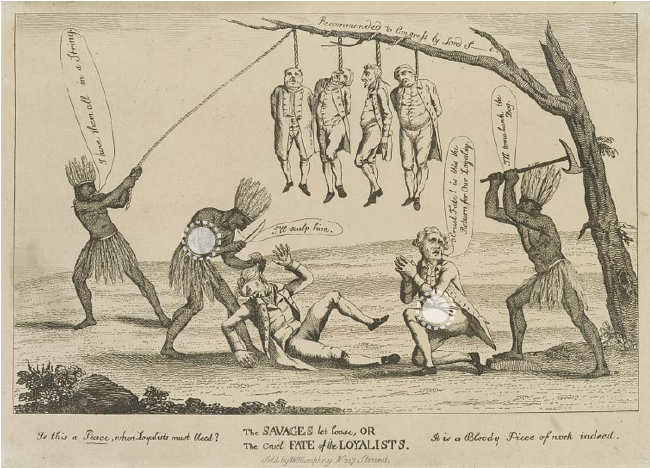

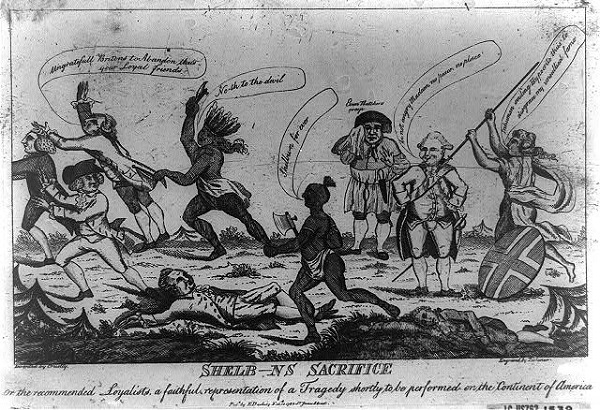



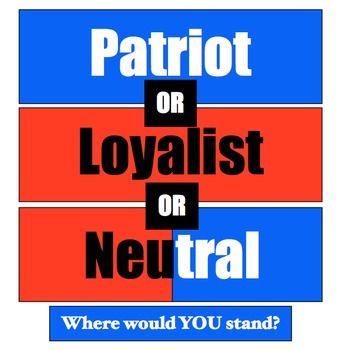


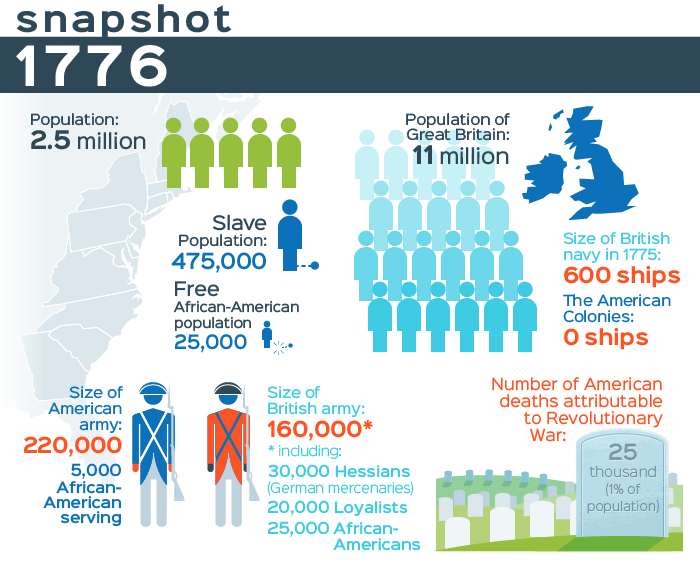
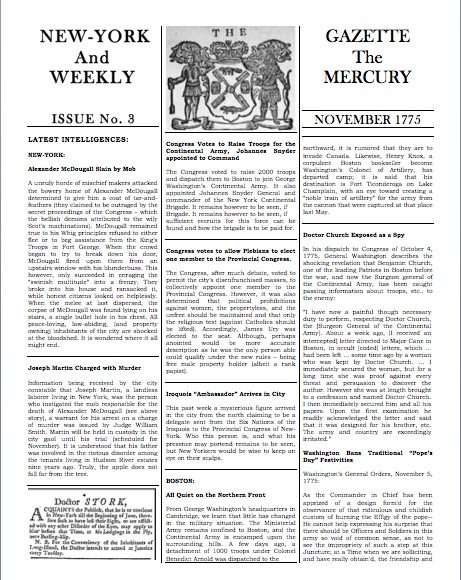




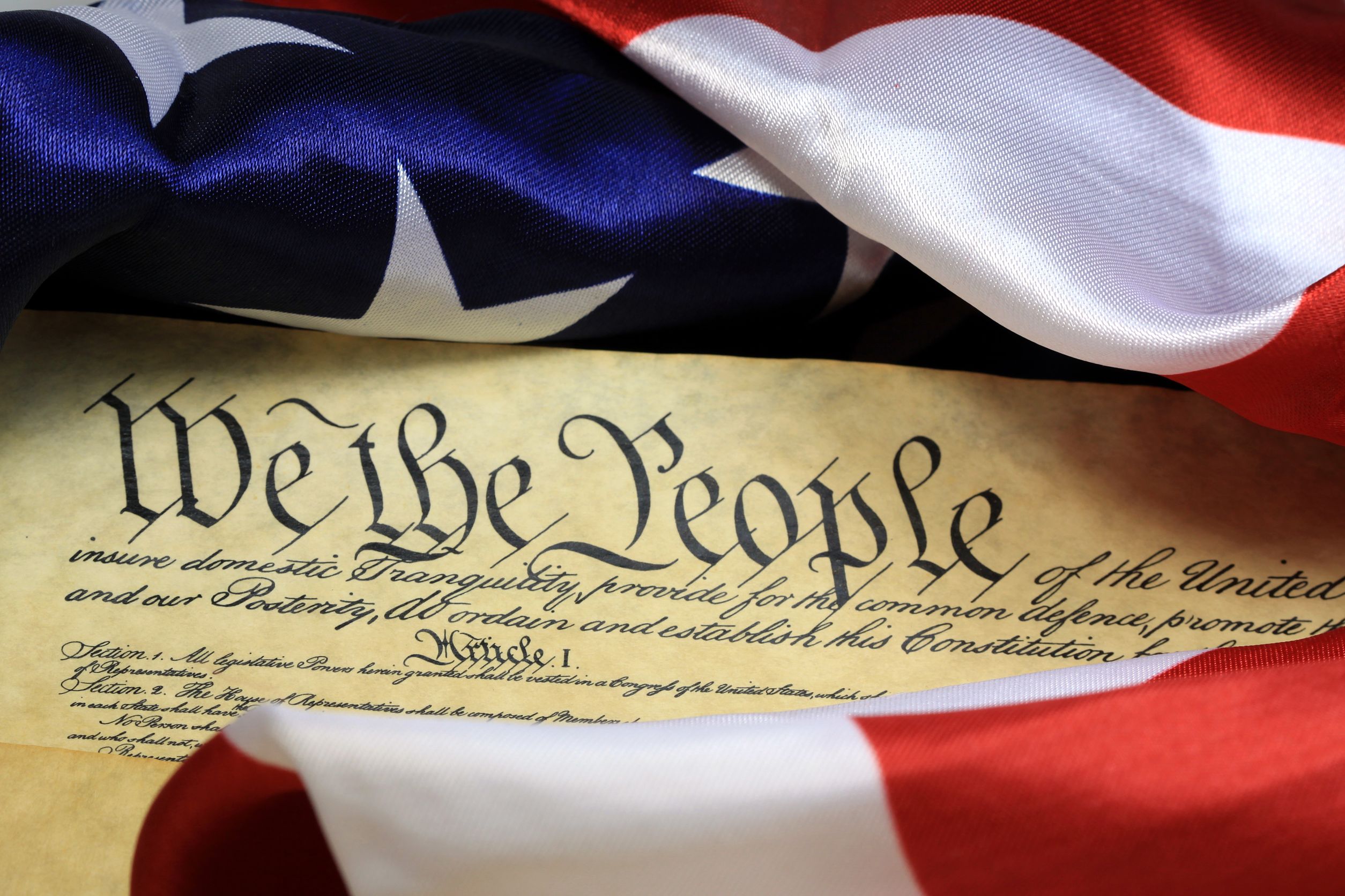
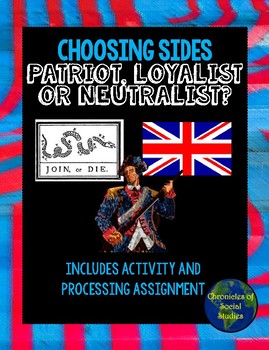
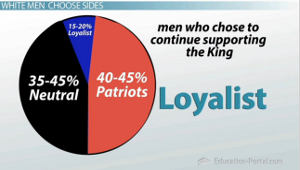





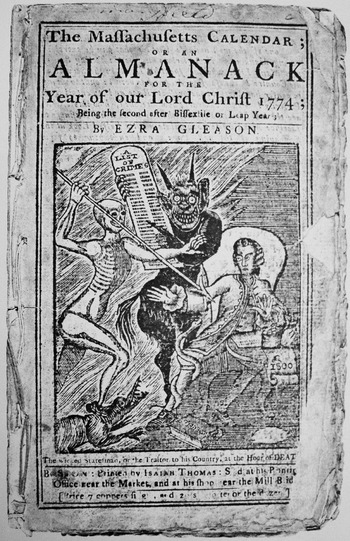
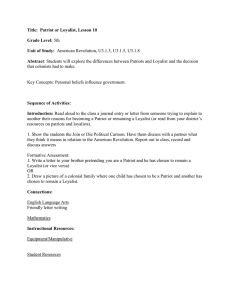

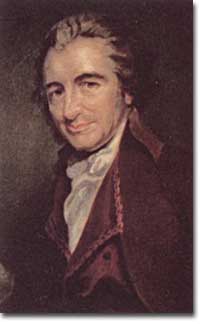



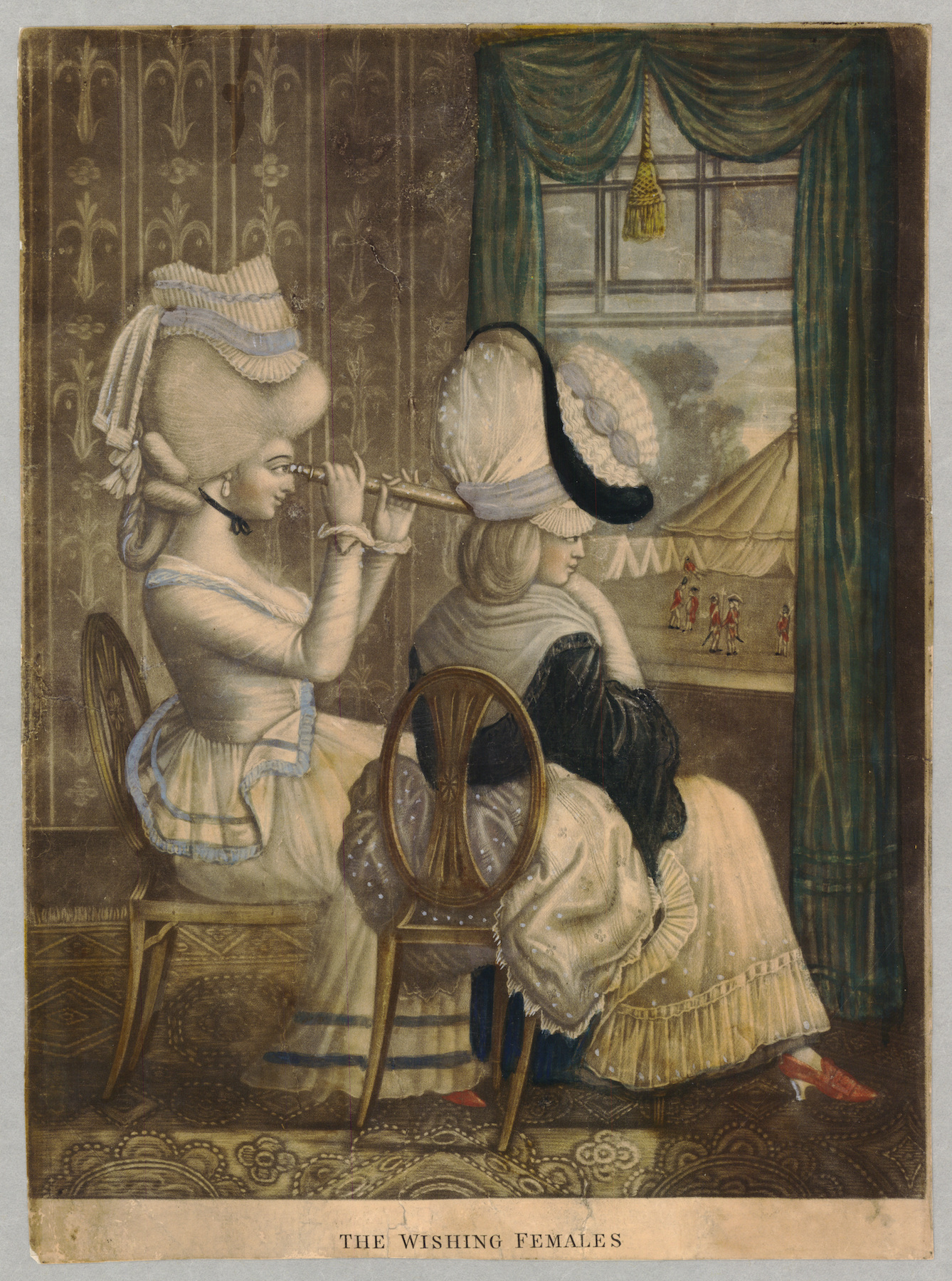



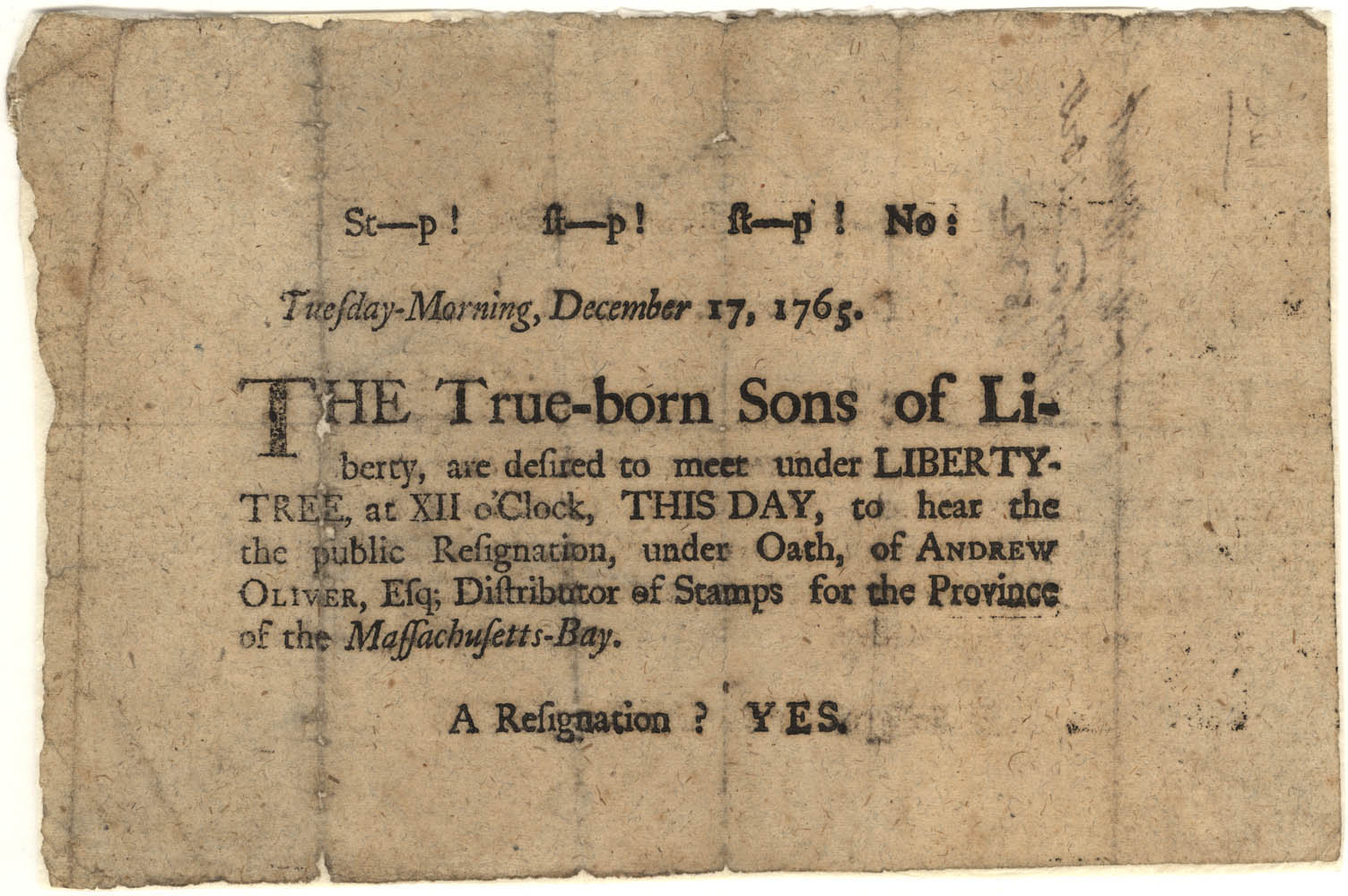
/https://public-media.si-cdn.com/filer/franklin_founding.jpg)

